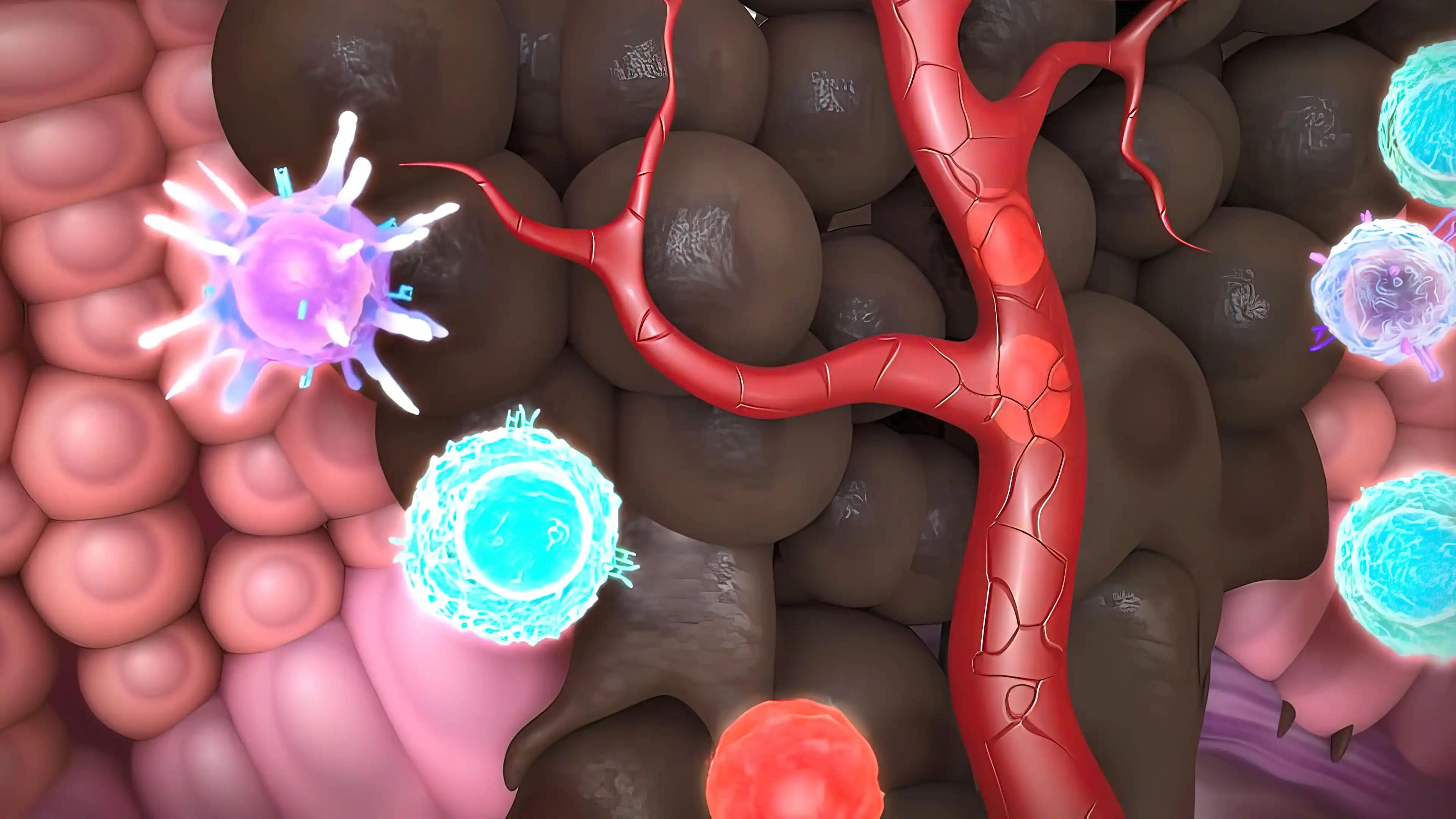KEY TAKEAWAYS
- The study assessed a new RORgT inverse agonist in shrinking tumors related to pancreatic cancer.
- High RORgT levels were correlated with pancreatic cancer, making inhibiting RORgT a potential treatment option.
- XT-0528 showed potential in both safety and inhibiting RORgT, possibly reducing inflammation and enhancing the tumor immune environment.
Toxicological studies on XT-0528 were carried out on rats and beagles, with dosages up to 2000mg/kg, and showed no significant adverse outcomes or dose-related toxicities. The drug indicated dose-responsive pharmacokinetics and displayed improvements in various health indicators and a decrease in IL-17 levels in a known autoimmune encephalitis model. In human trials involving 78 participants, the drug showcased a consistent dose response with 93% bioavailability. Any side effects were minor and transient. The drug’s half-life is approximately 22.5 hours.
The RORgT and IL-17 pathways are acknowledged targets for inflammatory ailments. Elevated levels are linked to poorer outcomes in various cancers. XT-0528 is a potent RORgT inverse agonist that effectively reduced IL-17, a pivotal inflammatory cytokine, and had an impressive safety record, making it a hopeful candidate for treating pancreatic cancer.
Studies have highlighted an upsurge in RORgT levels in human pancreatic cancer and observed tumor shrinkage in human models when inhibiting RORgT4. Both preliminary and human trials indicated that XT-0528 is both safe and adept at obstructing RORgT. By curbing Th17-induced inflammation, XT-0528 might prompt a shift in T cells towards Th1 differentiation, leading to a more favorable tumor immune environment. A forthcoming phase 1 trial will assess its effectiveness and safety in patients with advanced tumors.
Source: https://www.annalsofoncology.org/article/S0923-7534(23)00609-9/fulltext
Clinical Trials: https://classic.clinicaltrials.gov/ct2/show/NCT03237832
https://classic.clinicaltrials.gov/ct2/show/NCT04514237
https://classic.clinicaltrials.gov/ct2/show/NCT03464058
Johnson, D., Bearss, D., Kelley, L. Pancreatic cancer oral inverse agonist of RORgT receptor targets primary cancer cells and alters inflammatory mediators of the tumor microenvironment. https://doi.org/10.1016/j.annonc.2023.04.467



